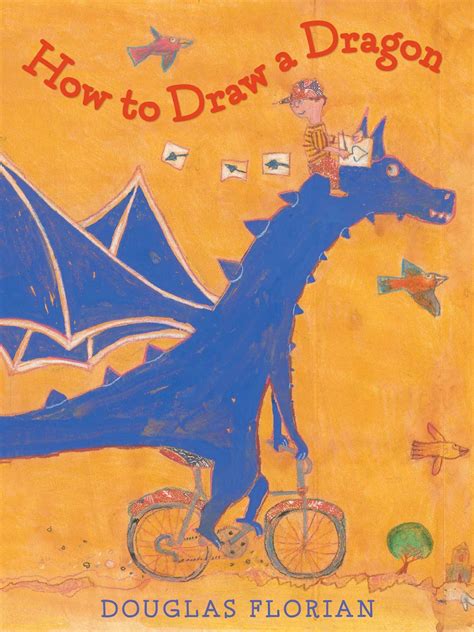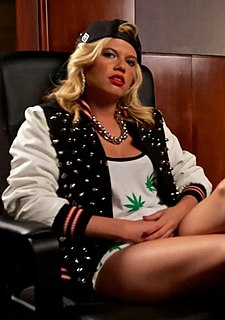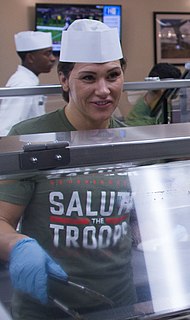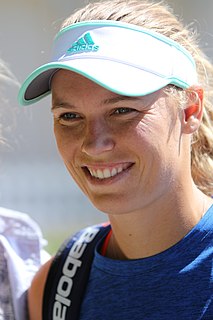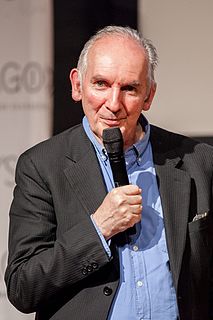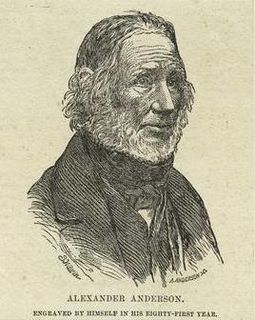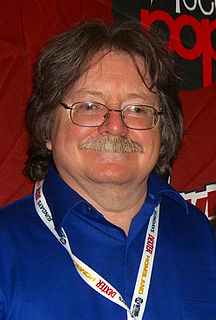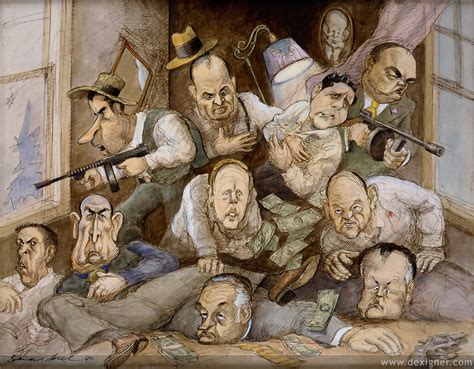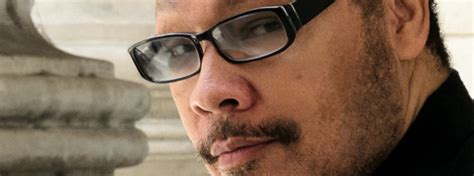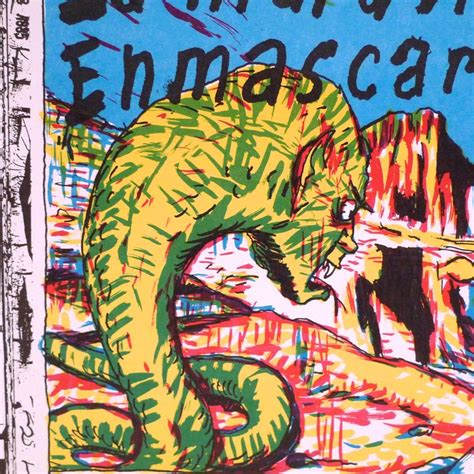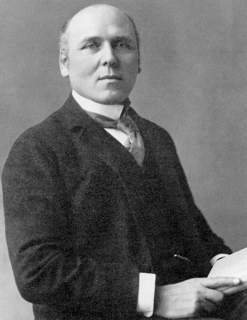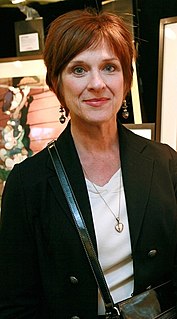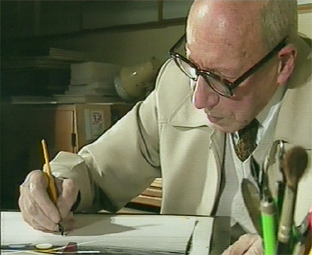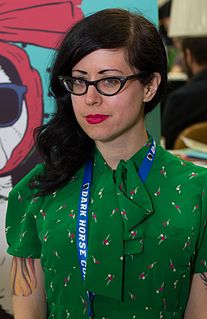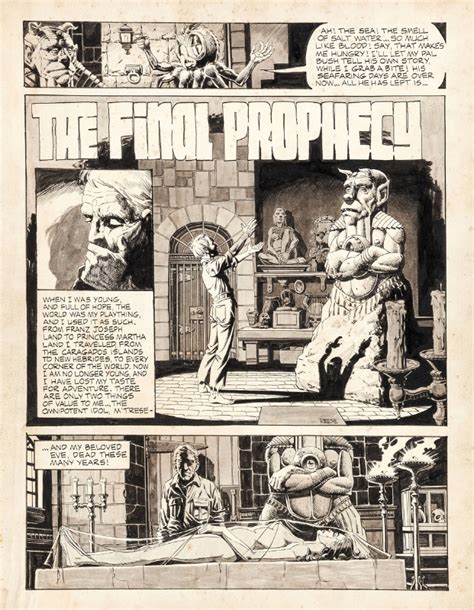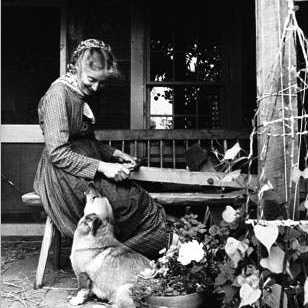A Quote by Douglas Florian
Narrative nonfiction was not my forte. I always wanted to let my imagination run free, and the facts sometimes got in the way. At one point I wanted to illustrate Jack Prelutsky's enchanting poems. Unable to do that, I started devising and improvising my own poems, very raw at first. I immersed myself in verse, writing reams of stuff until it gelled.
Related Quotes
I know that one of the things that I really did to push myself was to write more formal poems, so I could feel like I was more of a master of language than I had been before. That was challenging and gratifying in so many ways. Then with these new poems, I've gone back to free verse, because it would be easy to paint myself into a corner with form. I saw myself becoming more opaque with the formal poems than I wanted to be. It took me a long time to work back into free verse again. That was a challenge in itself. You're always having to push yourself.
There are definitely connections between poems, but I wanted each to stand on its own. I guess it goes back to the idea of trying to zoom in and out, and to modulate, so there are different ways of looking at any experience for the reader. Even having short poems and long poems - there has to be some kind of variation in the experience of reading as a whole.
When Emily Dickinson's poems were published in the 1890s, they were a best-seller; the first book of her poems went through eleven editions of a print run of about 400. So the first print run out of Boston for a first book of poems was 400 for a country that had fifty million people in it. Now a first print run for a first book is maybe 2,000? So that's a five-time increase in the expectation of readership. Probably the audience is almost exactly the same size as it was in 1900, if you just took that one example.
